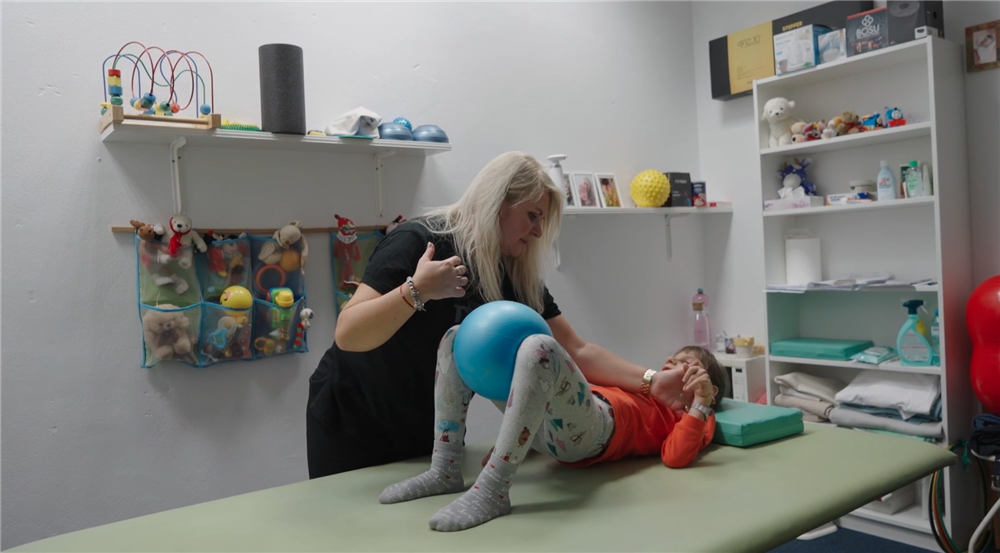Emergency early childhood intervention supporting over 12,000 Ukrainian refugees
- Solution
- Joint Emergency Early Childhood Development Support for Ukrainian Refugees
- Country of Implementation
- Bulgaria
- In cooperation with
- UNICEF Regional Office in Geneva and six national partner organizations
- Start Year
- 2022
- First published
- 03.12.2023

Solution details
“This project showed that through remarkable transnational collaboration, quality support can be provided to refugee children and their families at a time of utmost crisis and emergency, paving the way for future more sustainable early childhood intervention services.” Timothy Ghilain, Interim Chief Executive, EASPD
The Joint Emergency Early Childhood Development Support for Ukrainian Refugees project is led by the EASPD — an association of European service providers based in Brussels — in collaboration with UNICEF and six national organizations. EASPD provided emergency early child interventions to over 12,000 Ukrainian children and parents who have been displaced by war. The 18-month project formed new models for transnational cooperation and a large database of tools and materials, all of which can be easily adapted to other regions experiencing distress.
Problems Targeted
Refugee families with small children who have disabilities and/or developmental delays face even greater difficulties in accessing support, especially cross-nationally.
Solution, Innovation and Impact
EASPD, UNICEF, and six leading social service providers in Bulgaria, Moldova, Poland, Romania, Slovakia, and Ukraine joined forces to provide support and emergency early childhood intervention (ECI) to Ukrainian families who had fled the war and have children with developmental risks, delays, or disabilities. The project ran for 18 months and covered three areas: (1) Direct support to more than 12,000 beneficiaries by ’family consultants’ (i.e., persons who have a background in service delivery, education, or medicine) and peer-support facilitators (other Ukrainian refugee parents with children with disabilities). These specialists received training on relevant topics and were supported via mentoring. (2) Capacity-building of the participating countries to provide ECI services to families from Ukraine and other refugees. This involved conducting research to identify gaps in support and to create actionable recommendations for NGOs and governments. (3) Advocacy to achieve greater emergency ECI response on national and EU levels by organizing public events, dissemination of five documentary movies, and organization of an international conference on family-centred ECI with 300+ participants. In sum, EASPD and its partners have created a vast database of project materials and have lessons-learned documents. Such a collective approach also promotes the building of transnational support structures in emergency situations.
Funding, Outlook and Transferability
The funding model is a combination of self-funding and public funding. EASPD contributed $392,000 to the project implementation, while UNICEF’s contribution was $1,932,700 (indirectly funded by the United States Government). Based on the existing tools and materials, the support model for refugees with disabilities can easily be replicated by other organizations in other refugee situations. EASPD and its partners also disseminate knowledge and learnings. For instance, in 2023 an international conference with 300+ participants on family-centred ECI was organized, as well as two policy events on the EU and national level. (Awardee 2024)
Media
Pictures
Related information
- Connections
- 1
-
People